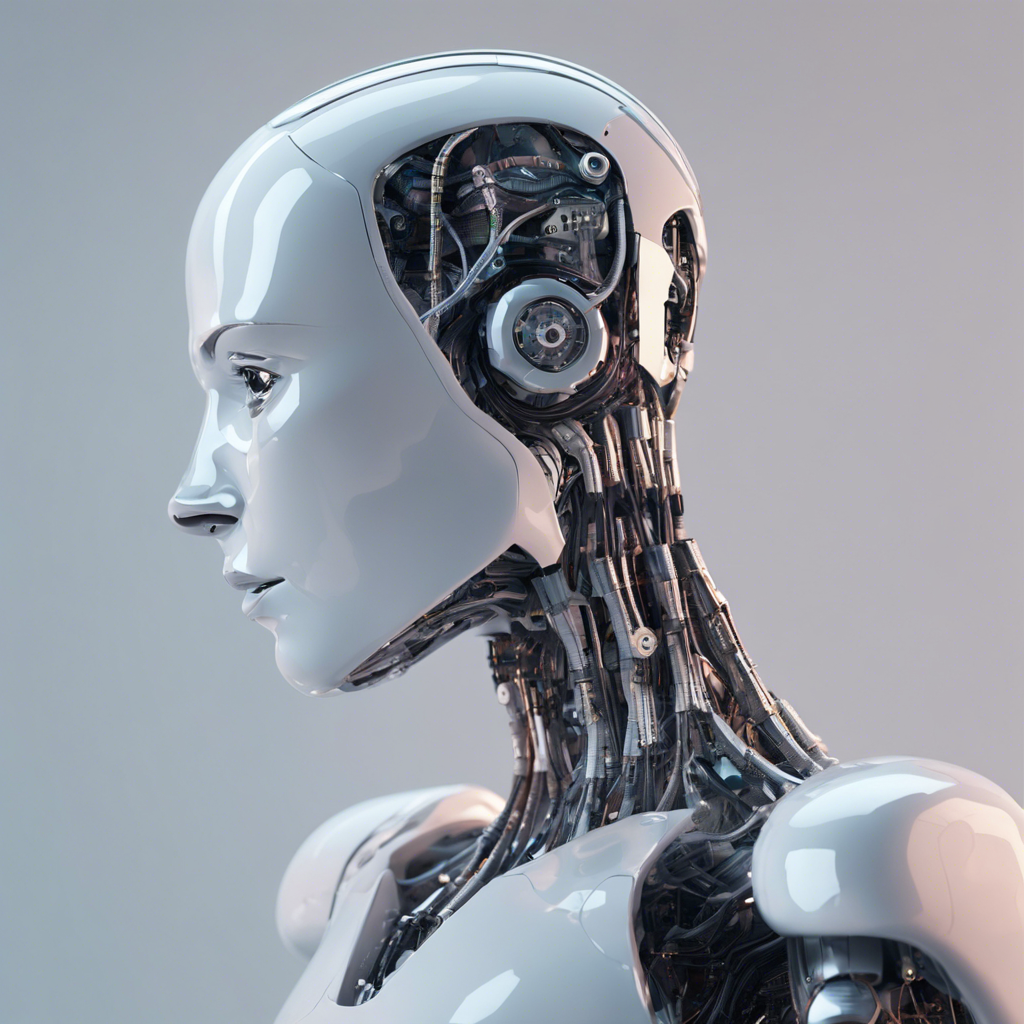Table of Contents
Introduction
The article explores the ambitious plan to introduce a free AI-powered primary-care doctor available 24/7 for every Indian within the next five years. While this idea sounds exciting, it raises serious questions about whether India is ready to handle such a huge change. There are concerns about whether it is practical, how sustainable it would be, and if India has the necessary resources to make it happen. Let’s break down the key points in simple terms:
Article Explanation
Understanding Primary Health Care (PHC)
Primary Health Care (PHC) is the basic level of health care that focuses on making sure everyone has access to medical services, no matter where they live. It involves providing integrated health services to communities, tackling wider health issues like living conditions, and lifestyle, and giving people the tools to take control of their health. However, there’s a worry that relying too much on Artificial Intelligence (AI) for health care could weaken this system. AI might make people less involved in their own health care by turning them into passive recipients rather than active participants in managing their well-being.
What AI Can and Can’t Do in Health Care
AI is really good at processing lots of information quickly and handling repetitive tasks, but it has limits. It lacks the deeper understanding of the world that humans have. In medicine, AI can recognize patterns, but it cannot fully grasp the complexities of a patient’s condition, which often involves more than just data. For example, doctors use not only data but also reasoning, empathy, and cultural understanding to make decisions — skills that AI lacks. In short, AI can’t replace the human touch that’s so important in health care.

An Example of How Data in Health Care is Limited
The article gives an example from obstetrics to show how outdated and limited some healthcare models are. Naegele’s rule, which has been used for over 200 years, is a method for predicting the birth date of a child. However, this method is quite basic — it only considers the length of a woman’s last menstrual cycle and has an accuracy rate of just 4%. It doesn’t take into account crucial factors like the mother’s age, health, or nutrition, which are important for making a better prediction.
Similarly, for AI to be accurate in health care, it would need access to a lot of personal data about each patient. This presents a problem: while AI needs this information to be effective, collecting so much personal data raises ethical concerns, including privacy issues. People might not feel comfortable sharing such detailed information.
The High Costs and Complexity of Using AI in Health Care
Setting up the infrastructure for AI in health care would be extremely expensive. And even after the system is built, it would require ongoing updates and maintenance. Healthcare data is often messy, incomplete, and very personal, which makes it hard for AI to use. In a country like India, which has so much diversity, AI would need to account for a wide variety of personal, social, and behavioural factors. This adds to the complexity of using AI in health care.
Where AI Can Actually Help
Although AI has its limits, it can still be very helpful in specific areas of health care. For example, AI can be used to predict hospital supply needs, manage waste, or improve how hospitals order and manage drugs. AI models can also help analyze medical images and screen for diseases like cancer.
In education, tools like large language models (LLMs) and large multimodal models (LMMs) — similar to AI chatbots like ChatGPT — can assist medical students by providing instant access to medical knowledge. These tools can simulate patient interactions, helping students learn how to diagnose and treat different health conditions. This can make medical education more interactive and personalized.
However, there’s a big problem known as the “black box” issue. This means that while AI can make decisions, we don’t always know how or why it came to a particular conclusion. This lack of transparency is risky in health care, where doctors need to understand exactly how a diagnosis or treatment recommendation is made. If AI makes a mistake, the consequences could be life-threatening.
Ethical Concerns and Governance Issues
There are also ethical concerns surrounding AI. A recent case in Kenya revealed that workers who were training AI models were being underpaid and exploited. This raises the worry that vulnerable people in other countries, including India, could also be exploited in the process of developing AI. Additionally, India does not have strong regulations to guide the use of AI in health care, unlike the European Union, which has its Artificial Intelligence Act. This makes it even more important to ensure AI is developed and used in a way that protects patients’ rights and safety.
Conclusion: The Challenges Ahead
While AI has the potential to make health care more efficient and reduce human errors, there are still many challenges that need to be addressed before India can fully adopt AI in health care. The country needs to improve its healthcare system, gather high-quality data, and address ethical concerns around data privacy. AI-driven health care is promising, but it’s important to take a careful and measured approach before rushing into it.
.
.
.
.
join our telegram channel for regular updates of The Hindu Epaper Editorial Explanation-https://t.me/Thehindueditorialexplanation
The Hindu Epaper Editorial Explanation given by Hello Student is only a supplementary reading to the original article to make things easier for the students.
In conclusion, preparing for exams in India can be a daunting task, but with the right strategies and resources, success is within reach. Remember, consistent study habits, effective time management, and a positive mindset are key to overcoming any academic challenge. Utilize the tips and techniques shared in this post to enhance your preparation and boost your confidence. Stay focused, stay motivated, and don’t forget to take care of your well-being. With dedication and perseverance, you can achieve your academic goals and pave the way for a bright future. Good luck!
The Editorial Page of The Hindu is an essential reading for all the students aspiring for UPSC, SSC, PCS, Judiciary etc or any other competitive government exams.
This may also be useful for exams like CUET UG and CUET PG, GATE, GMAT, GRE AND CAT
To read this article in Hindi –https://bhaarat.hellostudent.co.in/

